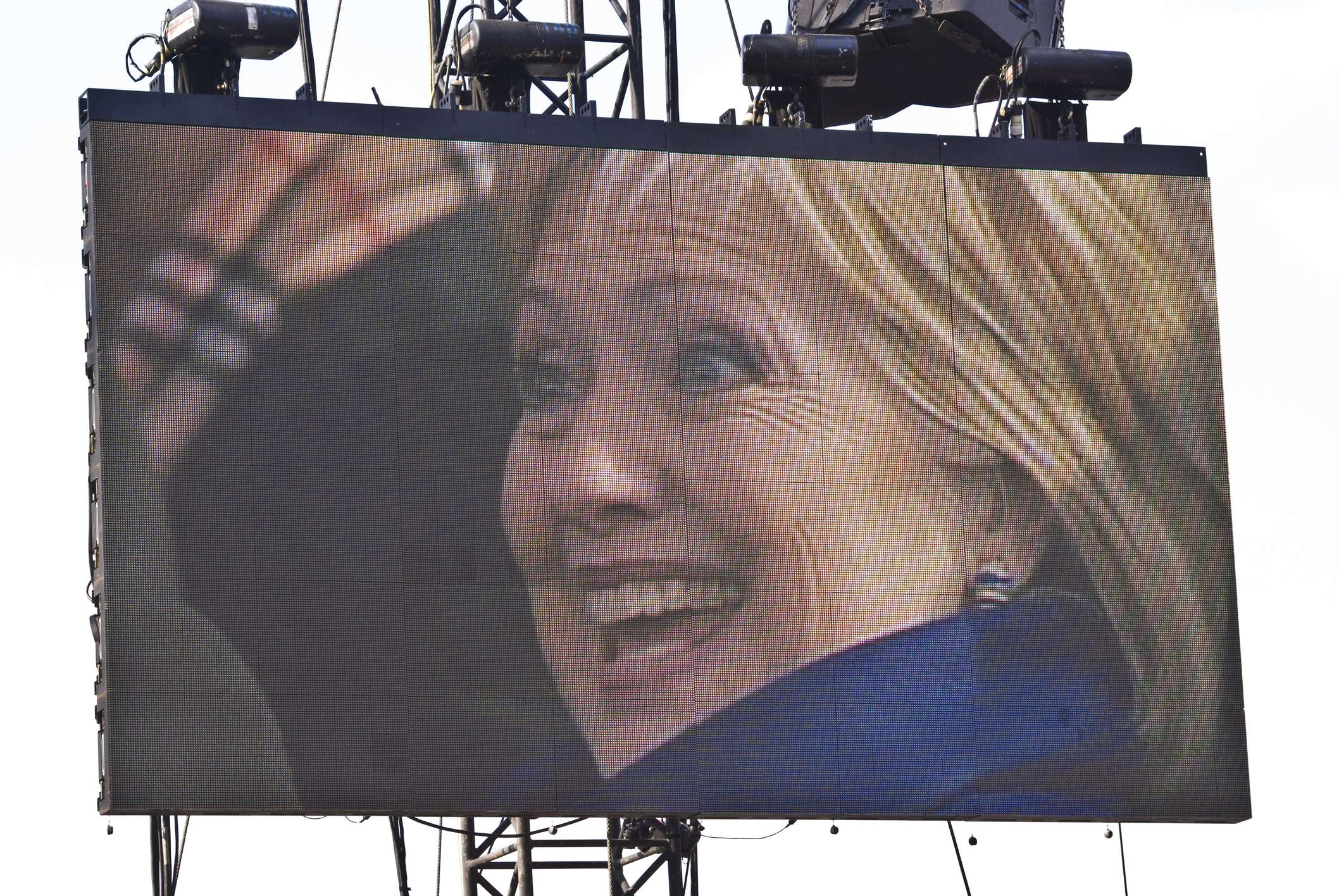Hillary Clinton Saved From Prosecution Thanks to FBI's Word Games
FBI Director James Comey fails to understand that extreme recklessness is gross negligence.


Is it worth impairing the reputation of the FBI and the Department of Justice (DOJ) to save Hillary Clinton from a deserved criminal prosecution by playing word games?
What has become of the rule of law — no one is beneath its protections or above its requirements — when the American public can witness a game of political musical chairs orchestrated by Bill Clinton at an airport in a bizarre ruse to remove the criminal investigation of his wife from those legally responsible for making decisions about it?
How hairsplitting can the FBI be in acknowledging "extreme recklessness" while denying "gross negligence" about the same events, at the same time, and in the same respect?
These are questions that now beg for answers in light of what can only be the politically motivated FBI report delivered earlier this week on the likely criminal behavior of Hillary Clinton.
The espionage statute that criminalizes the knowing or grossly negligent failure to keep state secrets in a secure venue is the rare federal statute that can be violated and upon which a conviction may be based without the need of the government to prove intent.
Thus, in the past two years, the DOJ has prosecuted a young sailor for sending a single selfie to his girlfriend that inadvertently showed a submarine sonar screen in its background. It also prosecuted a Marine lieutenant who sent his military superiors a single email about the presence of Al Qaeda operatives dressed as local police in a U.S. encampment in Afghanistan — but who inadvertently used his Gmail account rather than his secure government account.
And it famously prosecuted Gen. David Petraeus for sharing paper copies of his daily calendar in his guarded home with a military colleague also in the home — someone who had a secret security clearance herself — because the calendar inadvertently included secret matters in the pages underneath the calendar.
Yet earlier this week, FBI Director James Comey — knowing that his bosses in the DOJ would accept his legal conclusions about Clinton's failure to keep state secrets secure, because they had removed themselves from independently judging the FBI's work — told the public that whereas the inadvertence of the above defendants was sufficient to justify their prosecutions, somehow Clinton's repeated extreme recklessness was not.
It is obvious that a different standard is being applied to Clinton than was applied to Petraeus and the others. It is also now painfully obvious that the game of musical chairs we all witnessed last week when Bill Clinton entered the private jet of Comey's boss — Attorney General Loretta Lynch — unannounced and spent 30 private minutes there with her at a time when both he and his wife were targets of FBI criminal probes was a trick to compromise Lynch and remove her and her aides from the DOJ chain of command regarding the decision as to whether to present evidence of crimes against either of the Clintons to a federal grand jury.
Why do we stand for this?
The criminal case against Mrs. Clinton would have been overwhelming. The FBI acknowledged that she sent or received more than 100 emails that contained state secrets via one of her four home servers. None of those servers was secure. Each secret email was secret when received, was secret when sent and is secret today. All were removed from their secure venues by Clinton, who knew what she was doing, instructed subordinates to white out "secret" markings, burned her own calendars, destroyed thousands of her emails and refuses to this day to recognize that she had a duty to preserve such secrets as satellite images of North Korean nuclear facilities, locations of drone strikes in Pakistan, and names of American intelligence agents operating in the Middle East under cover.
Why do we stand for this?
Comey has argued that somehow there is such a legal chasm between extreme recklessness and gross negligence that the feds cannot bridge it. That is not an argument for him to make. That is for a jury to decide after a judge instructs the jury about what Comey fails to understand: There is not a dime's worth of difference between these two standards. Extreme recklessness is gross negligence.
Unless, of course, one is willing to pervert the rule of law yet again to insulate a Clinton yet again from the law enforcement machinery that everyone else who fails to secure state secrets should expect.
Why do we stand for this?
COPYRIGHT 2016 ANDREW P. NAPOLITANO | DISTRIBUTED BY CREATORS.COM



Show Comments (101)